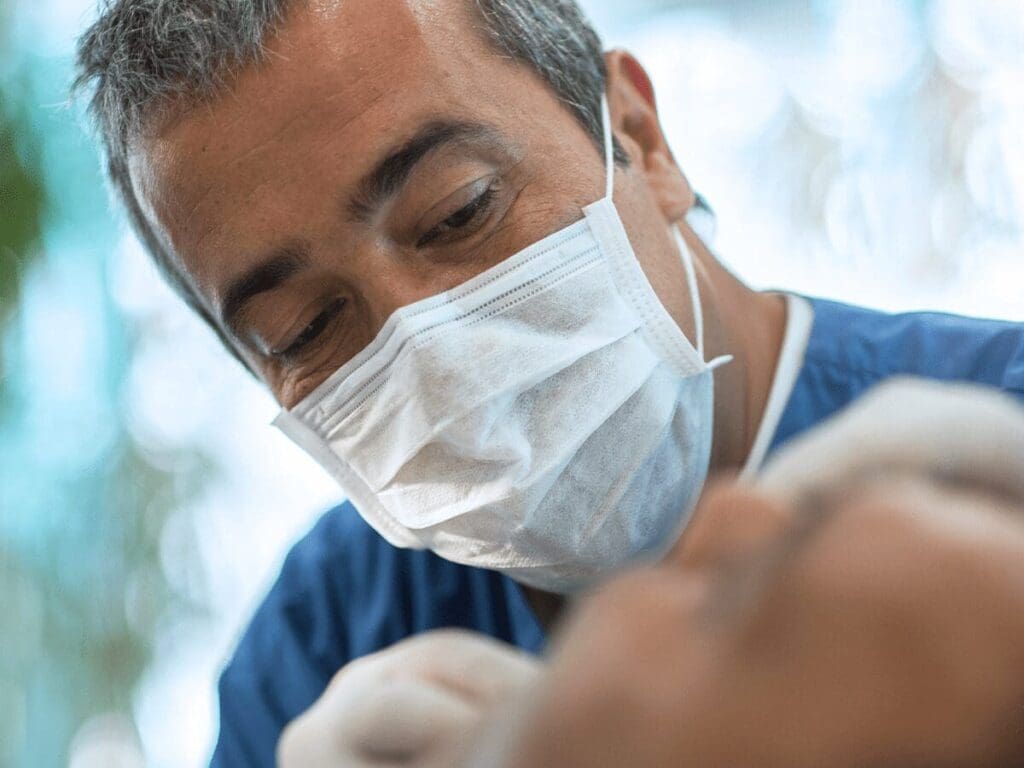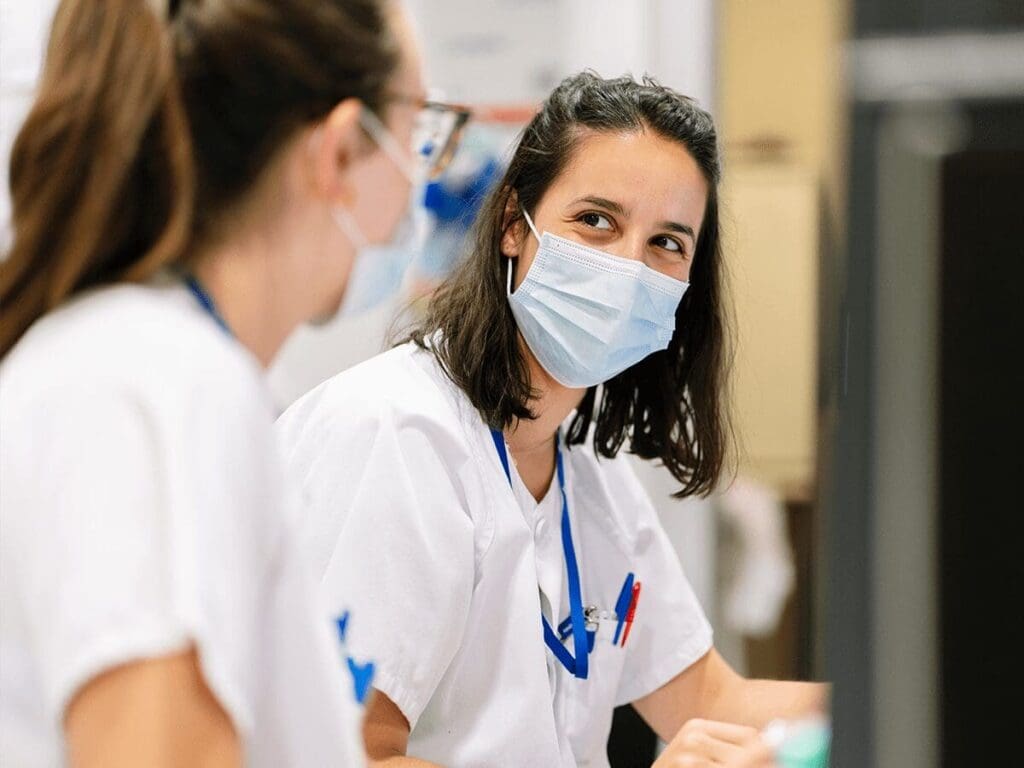How to Handle Dental Emergencies
Dental emergencies can happen very suddenly and be painful and distressing. Knowing how to handle these situations is helpful for preventing further damage and minimising your dental injury discomfort. For dental emergencies in the Bendigo area here’s what you need to know.
What is a dental emergency?
Dental emergencies refer to any dental injury requiring immediate attention. For example, to stop any excess bleeding from teeth and gums, alleviate severe toothache or to save a tooth that has been severely cracked and knocked out of its socket. Sometimes, people may not be aware their dental issue is an emergency so here at Robertson Dental Innovations in the Bendigo area we’ve put together some information to help you determine if what you’re experiencing requires urgent dental treatment.

Common Types of Dental Emergencies
- Knocked-out tooth: Immediate action is required to save the tooth
- Severe toothache: Persistent and intense pain could indicate a serious problem
- Cracked or broken tooth: Damage can expose nerves and cause pain or infection
- Dental abscess: A painful, swollen area in the mouth that signals infection
- Severe gum bleeding: Ongoing bleeding could be a sign of a serious infection
When to Call an Emergency Dentist

Knocked-out Tooth
If you or someone you know experiences a knocked-out tooth here are the steps to follow for the best chance of saving the tooth. Please note these instructions do not apply to baby teeth. Do not try to reinsert a baby tooth as you could damage the adult tooth underneath. Once a baby tooth is out it cannot be saved. For adult teeth, follow these instructions.
- Act quickly: Find the tooth and handle it only by the crown (the top) not the root. It’s important to keep the root undisturbed for the best chance of re-implantation
- Keep it moist: If the tooth is dirty, rinse it gently in milk, saline or in the patient’s saliva and replant or return it to its original position in the jaw. If it will not go back in the socket, store it in anything that is readily available at the site – in descending order milk, saline or saliva (for example spitting into a glass). It’s important to keep the tooth from drying out.
- Get urgent dental treatment: Contact an emergency dentist as soon as possible.
Severe Toothache
- Rinse mouth with warm water
- For temporary dental pain relief apply an ice pack to the outside of your mouth or cheek if that feels soothing
- Contact an emergency dentist as soon as possible


Chipped or cracked or broken tooth
- Rinse with warm water to clean the area
- Cover with clean gauze if bleeding and use an ice pack to reduce swelling
- Seek emergency dental care to prevent further damage
Dental abscess
A dental abscess should be treated immediately to prevent the risk of infection.
- Recognise symptoms: Pain, swelling, fever and a raised bump on your gums
- Seek urgent treatment to drain the abscess and treat the infection

Preventing dental emergencies
Emergency dental care may involve various treatments depending on the situation and severity of your emergency. Here at Robertson Dental Innovations we offer a variety of services including ongoing care of dental injuries.
Protective Gear for Sports
Wearing mouthguards or face protection during contact sports or rough activities will reduce the risk of dental injuries.


Regular Check-ups to Avoid Ongoing Issues
Regular visits to your dentist will help identify potential problems before they become more serious. Your dentist will be able to identify early signs of decay or infection that may occur due to an emergency dental issue.
Frequently Asked Questions
Get Emergency Dental Care Today
If you’re experiencing a dental emergency, don’t wait. Contact your dentist immediately to get the dental care you need.

